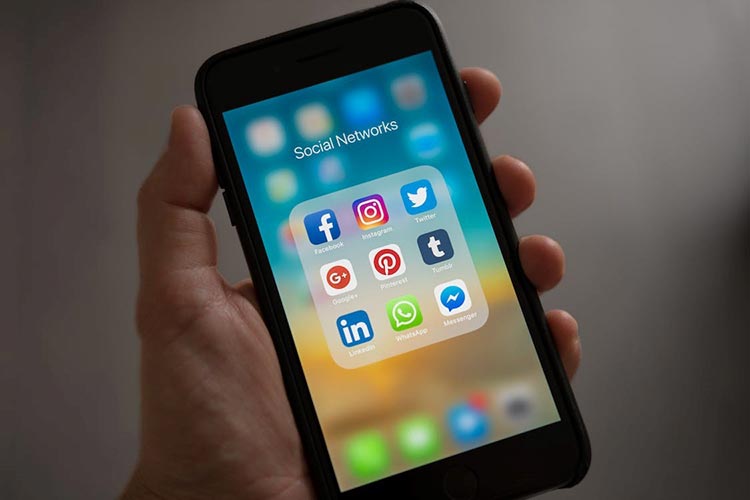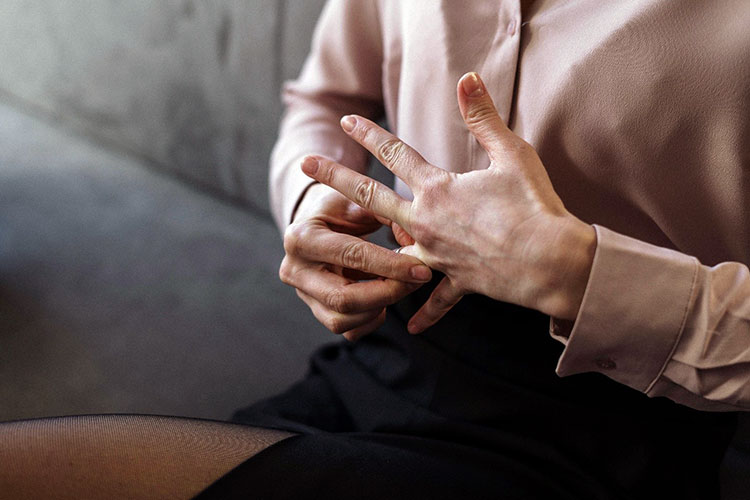
Magnuson Lowell Blog
Each week we post a blog about relevant legal issues. Glance through our various topics to learn more about a particular legal situation.
These articles are for limited informational purposes only and are not, nor are they intended to be, legal advice. You should not rely on this information for your case and should consult with an attorney for advice regarding your individual situation.
Most Recent Posts ...
Posted on: 3/31/2025
Posted on: 3/24/2025
Posted on: 3/17/2025
Posted on: 3/10/2025
Search All Blog Posts
Blog Post Archive Categories
- Reconciling After a Divorce Filing
- Dividing Retirement in Divorce - Do I Need a QDRO?
- Options for Dealing with Real Estate in Your Washington State Divorce
- Positive Thoughts After Losing a Family Law Motion
- Supervised Visitation for Washington Parenting Plans: What You Need to Know
- Filing for Immediate Restraining Orders in King County
- (Redmond/Criminal Defense) Time Matters for a DUI
- (Redmond/Criminal Defense) Field Sobriety Tests - What Not to Do
- (Redmond/Criminal Defense) - The (Redmond/Criminal Defense) - The Ability to Remain Silent
- Battling Father Time: Crafting Your Legacy with Precision
- Tips for Talking to Your Family About Your Estate Plan
- How to Choose Your Personal Representative for your Will
- What is a Trial Continuance in Washington State?
- Renewing a Domestic Violence Protection Order in Washington State
- Little Known Washington Driving Laws
- Divorce Mediation Tips for High-Conflict Couples
- Dealing with Small Business During a Divorce
- The Role of Financial Advisors in High-Asset Divorces
- Why Expediency is Important After Your Car Accident
- Understanding Independent Medical Examinations (IMEs) in Washington State
- It only takes 3 seconds...
- Gotta love our court system!
- (Redmond/Crazy Lawsuit) The Walking Dead: or Not!
- (Redmond/Crazy Lawsuit) Here Comes Football - and Litigation
- Honoring Our Heroes: A Thank You to All Who Have Served!
- Happy Halloween from Magnuson Lowell
- 10 Tips You Need To Know Before Getting On A Motorcycle
- Top 10 Tips You Need To Know Before Getting On A Motorcycle
- Top 10 Tips Riders Need To Know Before Getting On A Motorcycle
- In a Car Collision...Now What?
Don't Post on Social Media About Your Car Accident

Facebook. Twitter. YouTube. Whatever your social media crutch, it is best to avoid publicizing about your injuries (or anything for that matter) after a car accident? That might be a strange change of pace. Social media has become an all-encompassing smattering of life updates, cat memes, and news. If the tug of social media pulls hard at you after a motor vehicle crash, the best thing to do for your Personal Injury claim is to minimize – or even better eliminate – postings.
But, why and to what end?
Social Media is Public
Well, duh. The point of Facebook is to publicize everything you’re doing in your daily life. For Twitter, you have 280 characters to describe your day in brief, but interesting, detail. After a car accident, you might be tempted to describe your day-to-day recovery. You might want to post pictures of the scene to show the jumbled mess of your car and call out the egregious driving of the negligent party. Just remember that everything you say online is public information.
That publicity might give you internal relief, but you are leaving yourself open for impeachment and unfavorable discovery. If the opposing attorney can find pictures of you dancing at a night club a few weeks post-collision, your argument about lingering pain and suffering goes out the window – even if you were loaded with Tylenol and spent the night icing and heating. The rule of thumb is to just avoid posting much about yourself or the accident to limit these types of issues during your claim.
Posting Can Hurt (But Rarely Destroys) Your Case
Most of the time, your posts on social media will be inconsequential, but even minute topics can be used by actionable defense counsel to find inconsistencies in your stories. There are times when your posts might do much more harm than good. These “case killers” can come in many forms, and the only way to avoid destroying your case is to limit or halt social media participation during your insurance claim.
How to Prevent Prying Eyes During Your Claim?
There are some ways to protect your feed from crafty insurance attorneys, but none of them are foolproof. Abstinence may still be the best policy in this regard, but here are a few options to help limit possible prying eyes.
- Refrain from posting anything about the accident or your injuries
- Limit photographs of yourself regardless of what you’re doing in the frame
- Halt others from allowing your name to be tagged without your consent
- Limit access to your posts and photos to friends only
Some of this can be done in your social media settings. Taking these precautions might not completely save you from impeachment, but it can help limit insurance companies from abusing minimal details to hold it against you without full context. If you’ve been in a motor vehicle collision, call the experienced team at the law offices of Magnuson Lowell PS. We offer free case evaluations to help walk you through your insurance claim to make sure your needs are best met.




